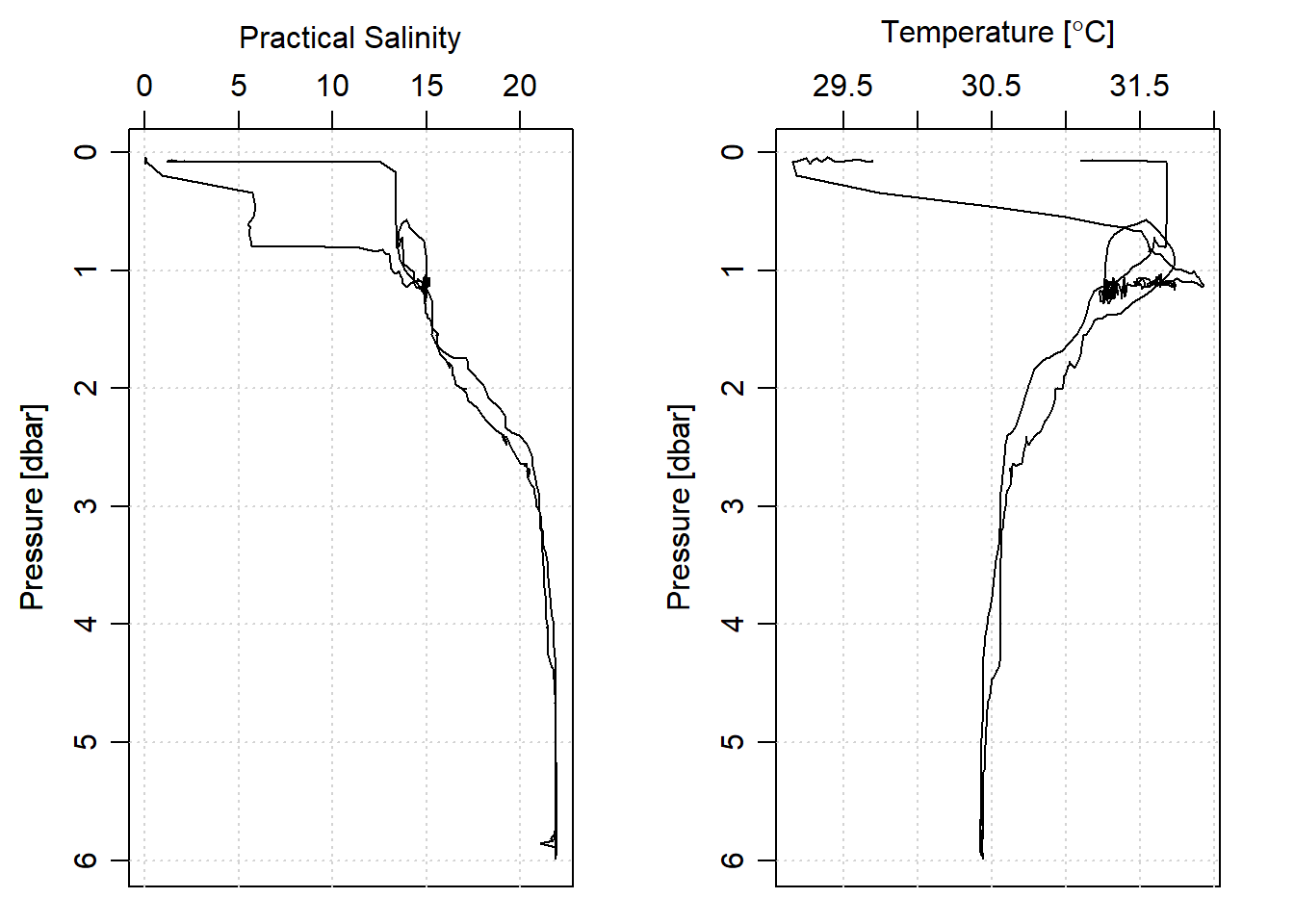
This link provides a quite useful intro to the subject. It can be done (and the result checked) via dynamic_cast, like Base* pBase = new Derived // OK, the dynamic type of pBase is Derived

downcasting: Why upcasting is safe but downcasting is not. In general is a sign of bad design, as one rarely needs to convert a Base object to a derived one. cto points to a Person object, but its type is Employee, so. or: Section section slide as Section The difference between those is that the first one will throw an exception if slide cannot be cast to Section, while the second one will return null if the cast is not possible. Operations on higher levels in the hierarchy are supposed to work equally for all derived types (see Liskov substitution principle), yet by downcasting you state a contrary requirement that the type is in fact of a specific derived type). Simply said, upcasting allows one to treat a derived class as a base class (via its common interface).ĭown-casting is less useful, and IMO should be avoided whenever one can. Yes you can do that: Section section (Section)slide. Downcasting is generally a bad idea, since it implies knowledge of the type outside the type system. It is extremely useful in these situations in which the dispatch is done at runtime. PBase->draw() // draw is a virtual member function Upcasting is legal in C as the process there is to convert an object of a derived class type into an object of its base class type. The reason for this limitation is simple. In order to perform Downcasting, you need to forcefully cast it.

Downcasting is not as safe as Upcasting, hence it will thrown an error if an implicit conversion is attempted. If(x = 0) // this is done at runtime, as we don't know x at compile time This article describes a simple approach to downcasting in C downcasting merely refers to the process of casting an object of a base class type to a derived class type. Downcasting in C++ The exact opposite of Upcasting, Downcasting occurs when we cast downwards from Parent to Child. This assumes that your interface functions are marked virtual. Because the cast operator has precedence over division, the value of sum in this example is first converted to type double. In other words, you have a pointer to Base from which you can access the common interface of a whole hierarchy of classes, and the selection can be done at runtime. If it is used improperly, it could produce undefined behavior.Ī popular example of a badly considered design is containers of top types, like the Java containers before Java generics were introduced, which requires downcasting of the contained objects so that they can be used again.Up-casting is implicit in C++, and is used a lot when you deal with virtual dispatching. Downcasting is the opposite of the basic object-oriented rule, which states objects of a derived class, can always be assigned to variables of a base class. Upcasting is casting from a derived class to one of its base classes and downcasting is casting from a base class to one of its derived classes. Compile-time downcasting is implemented by static_cast, but this operation performs no type check. In C++, run-time type checking is implemented through dynamic_cast.


short -> -8192, unsigned short -> 57344, So does it simply cut the bits And what about upcasts E.g. An int value 000F'E000 downcast to short or unsigned short will become E000. While we could also convert myObject to a compile-time String using the universal (), this would risk calling the default implementation of toString() where it was unhelpful or insecure, and exception handling could not prevent this. About integer numbers downcasts in C, e.g. In this approach, downcasting prevents the compiler from detecting a possible error and instead causes a run-time error.ĭowncasting myObject to String ('(String)myObject') was not possible at compile time because there are times that myObject is String type, so only at run time can we figure out whether the parameter passed in is logical. C++ allows that a derived class pointer (or reference) to be treated as a base class pointer. It can be achieved by using Polymorphism. Upcasting and downcasting give a possibility to build complicated programs with a simple syntax. Public static String objectToString ( Object myObject ) Upcasting and downcasting are an important part of C++.


 0 kommentar(er)
0 kommentar(er)
